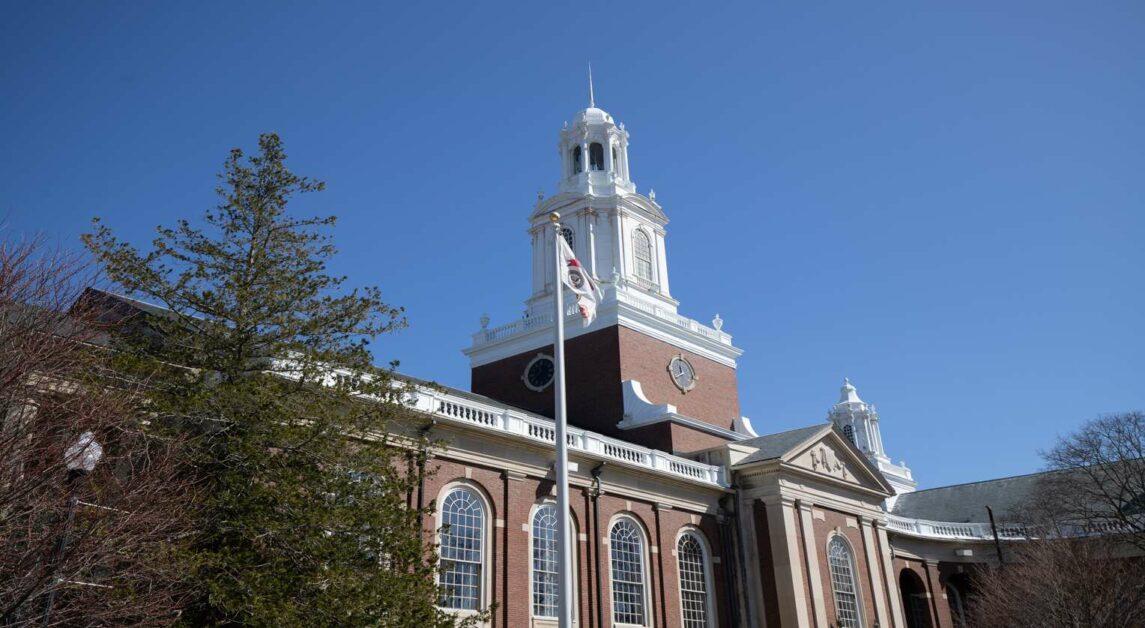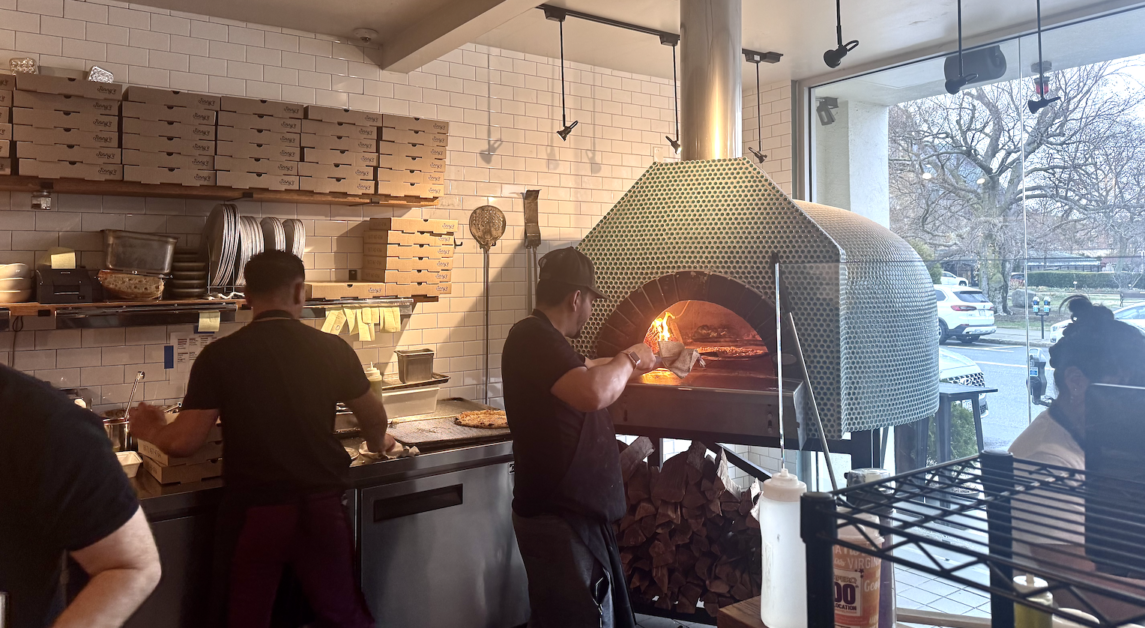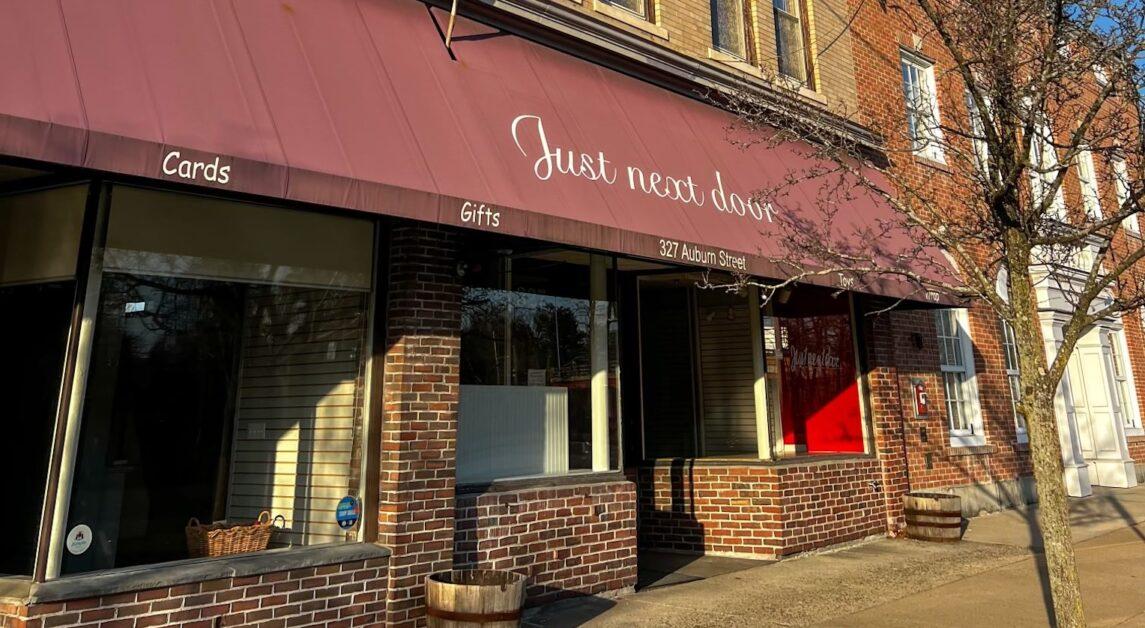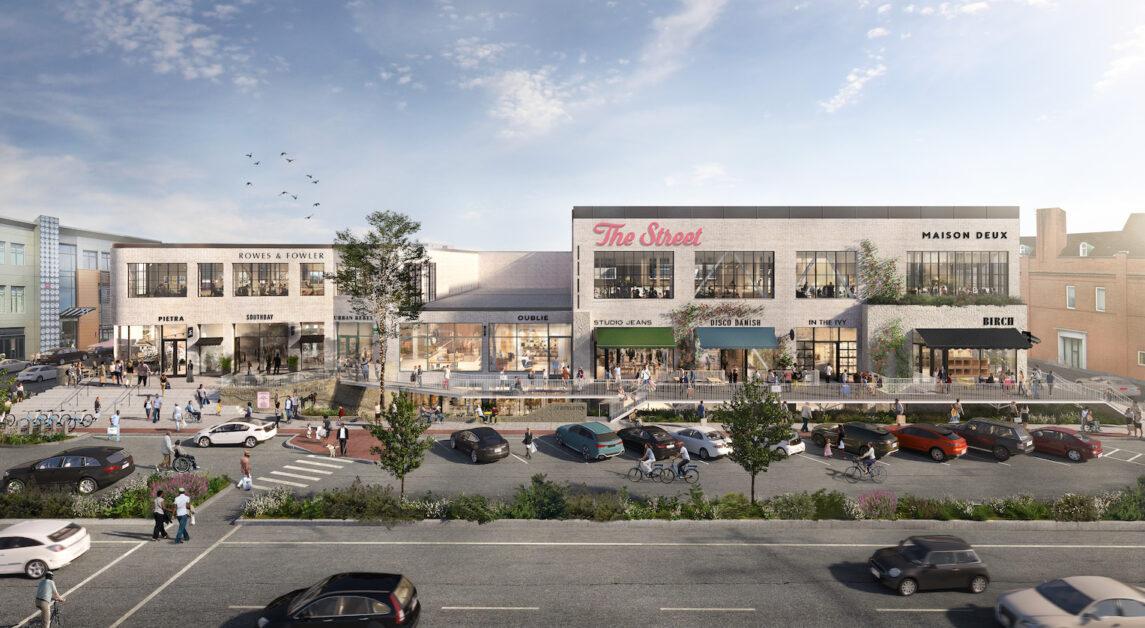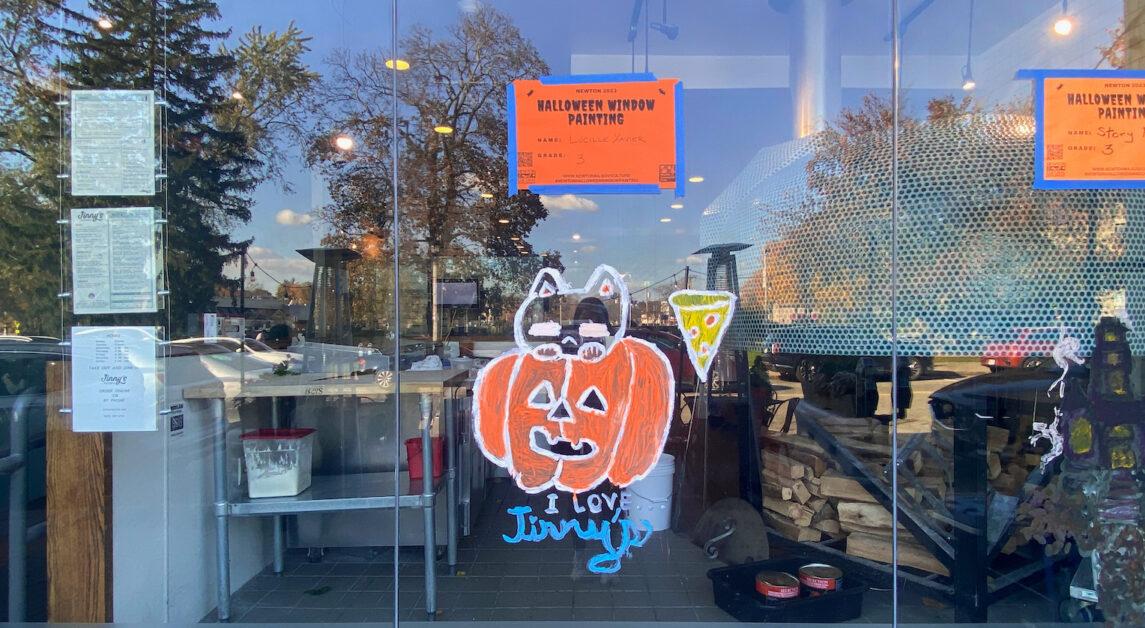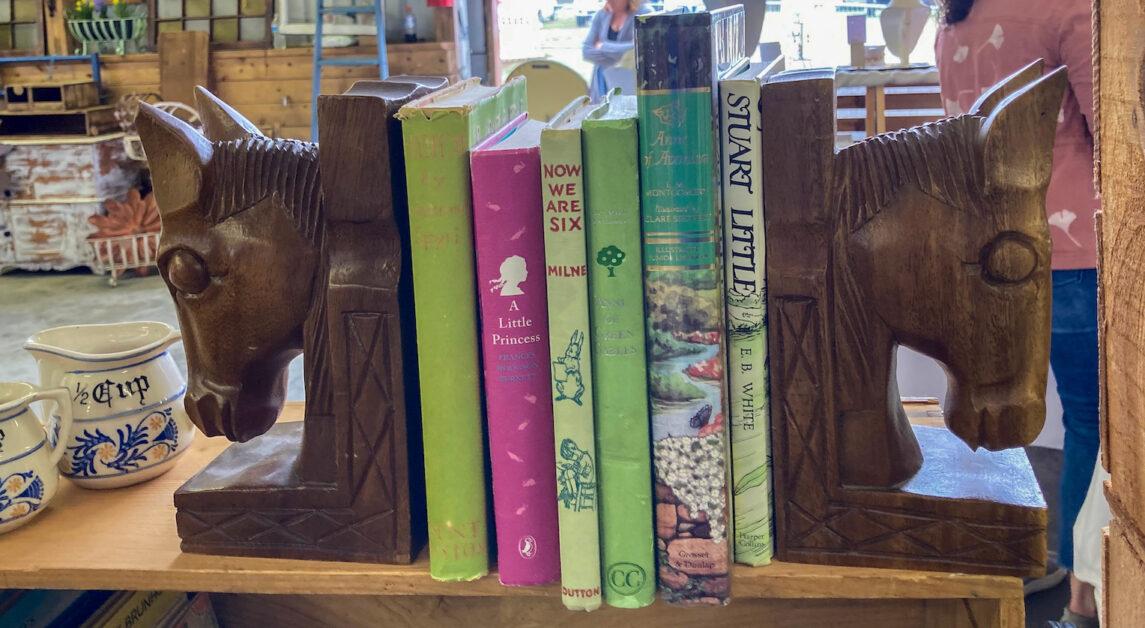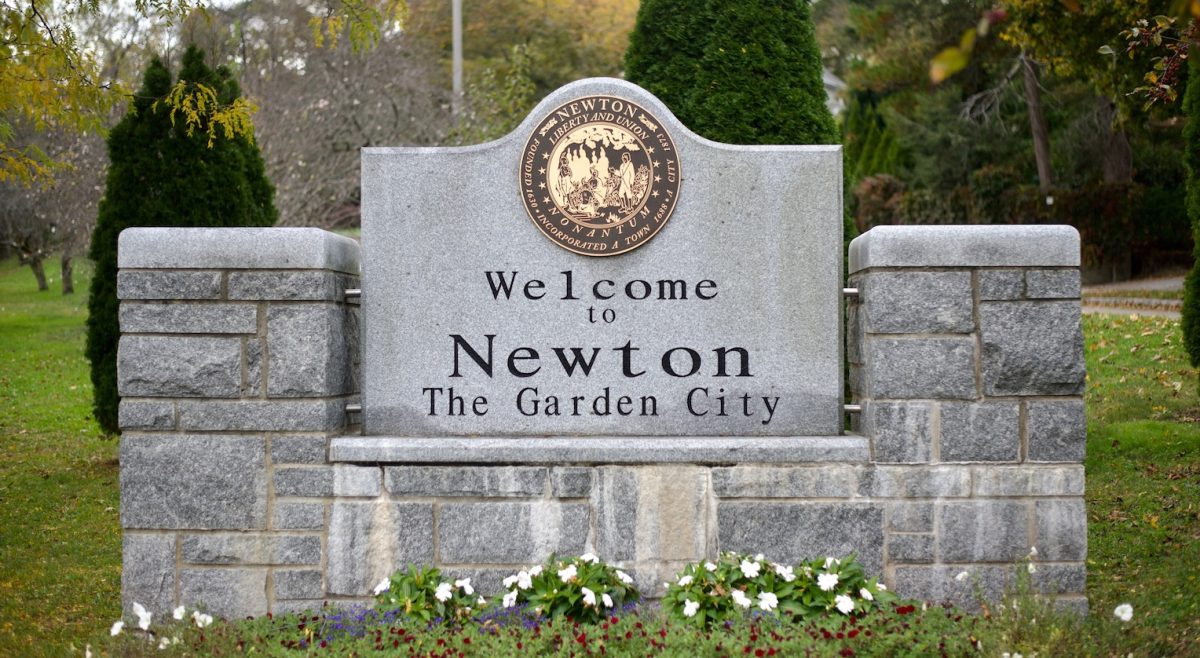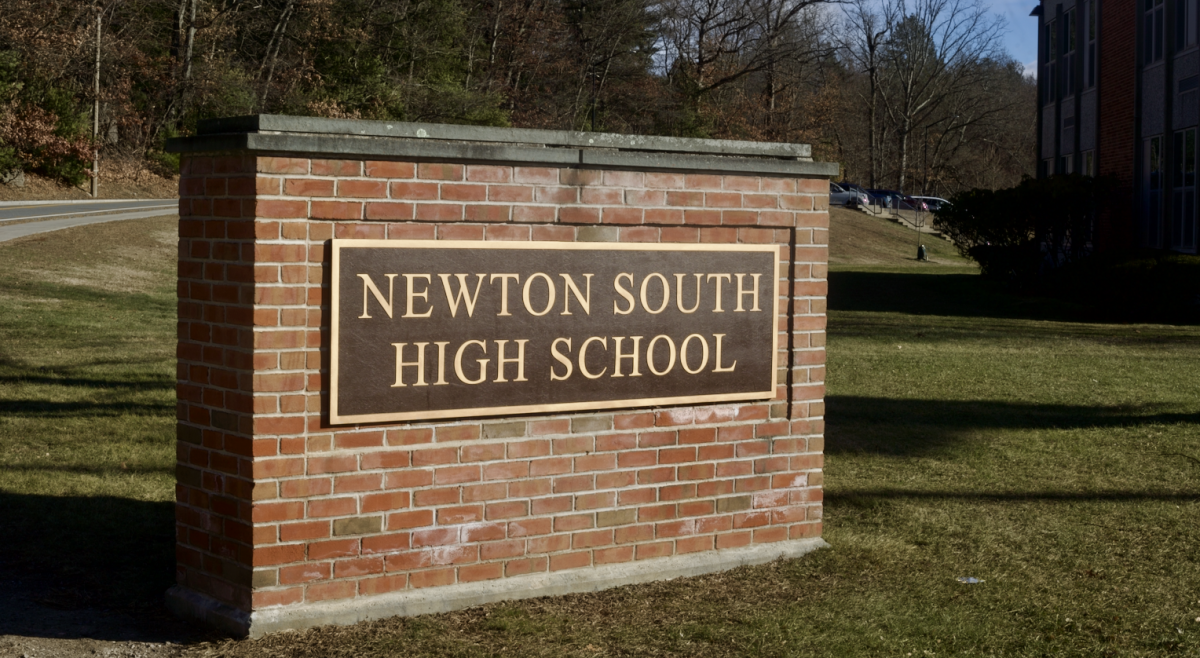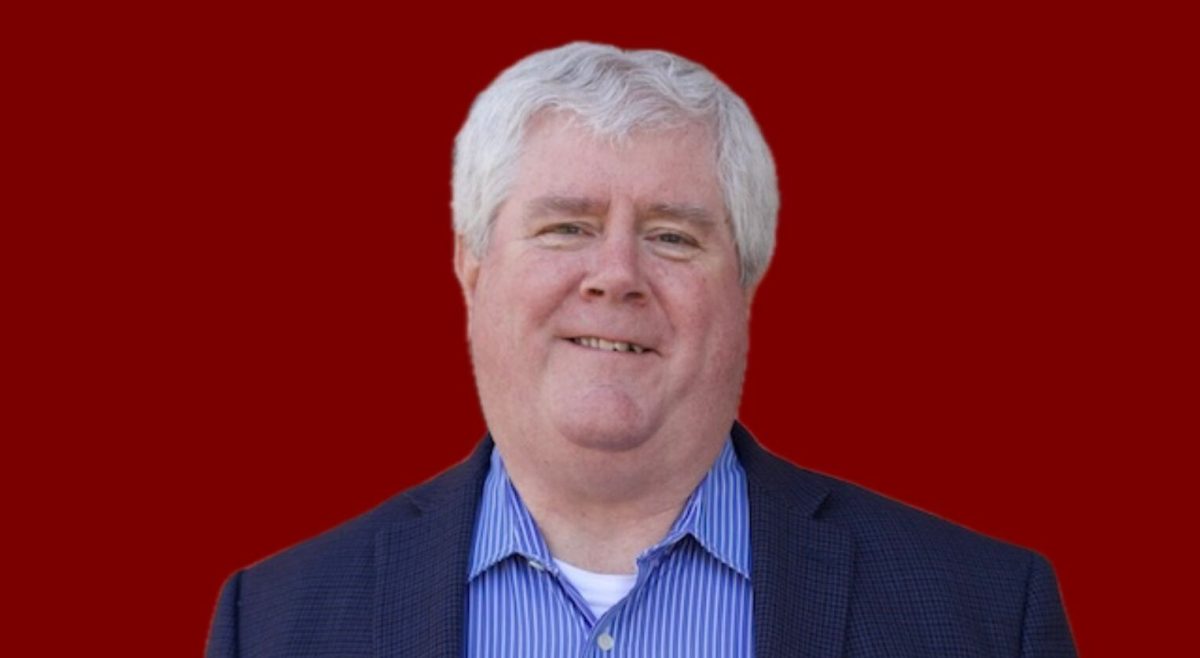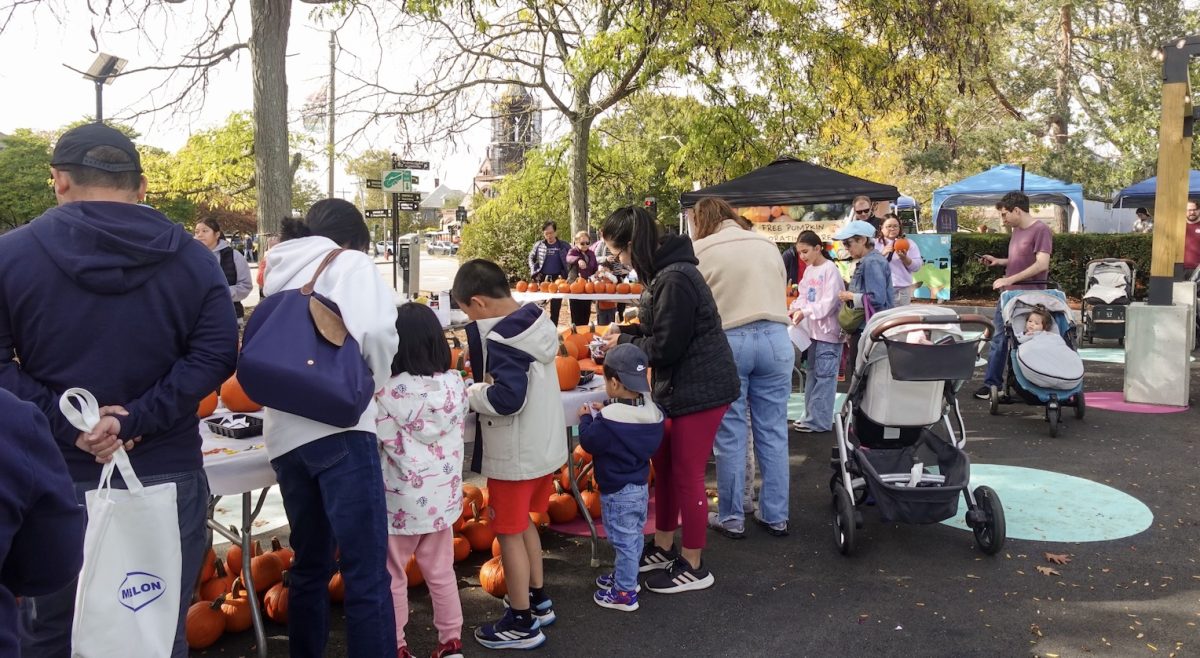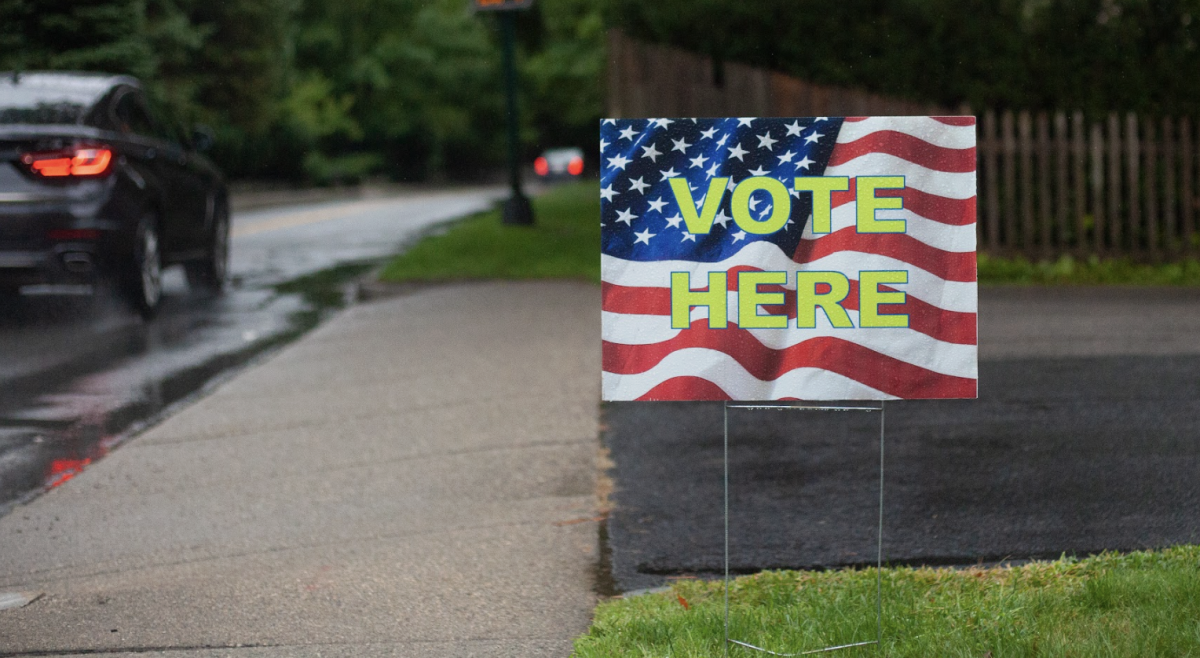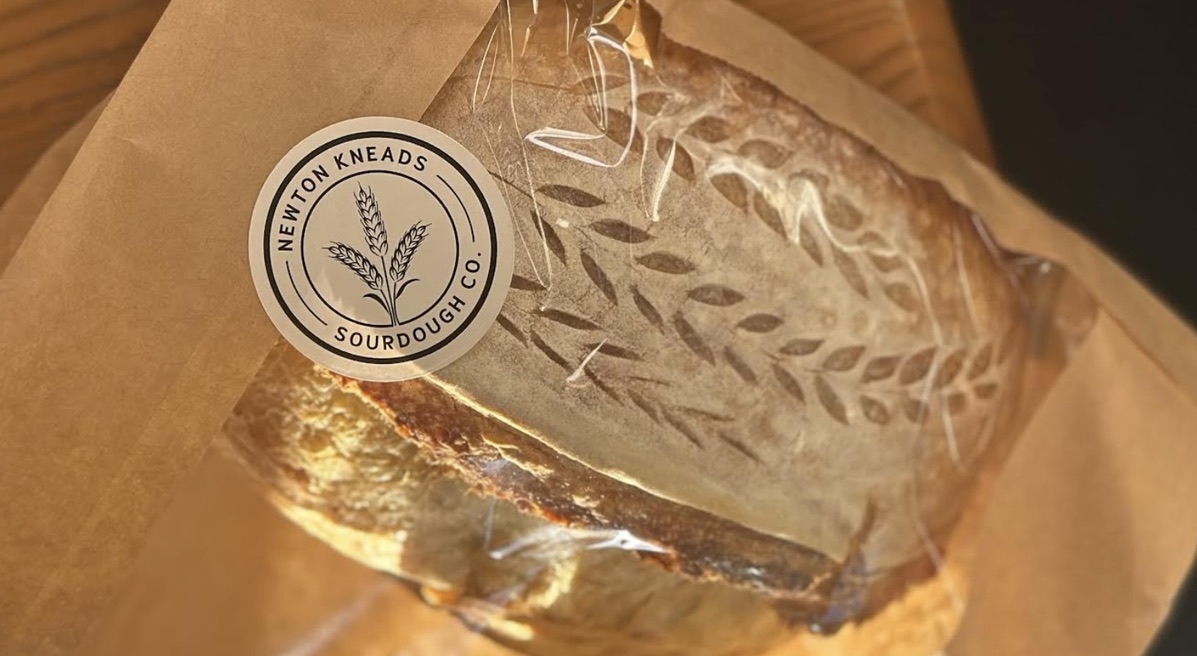A proposed $15 million tax increase is intended to improve public school facilities and local infrastructure, according to Newton Mayor Ruthanne Fuller. But Greg Reibman, the president of the Charles River Regional Chamber, said it may put a strain on the local economy.
“There’s much we need to understand about these proposals in the months to come and we will be listening carefully,” Reibman wrote in an Oct. 18 statement to The Heights. “But at a time when our employers are battling inflation, wage pressure and a looming recession, a property tax increase feels like a lot to ask of our business community.”
Reibman said the chamber has not decided its final stance on the proposed tax hike.
The proposal, announced Monday, would fund student resources and facilities improvements for Newton Public Schools, park maintenance, senior services, and sustainability projects, according to a City of Newton web page.
“These are things that make Newton a City where people want to live and raise families, where businesses want to locate, and where shops and restaurants want to open their doors,” Mayor Ruthanne Fuller wrote in a statement to The Heights on Oct. 21.
Business owners have called for more funding, according to Fuller.
“I’ve heard from countless Newtonians, including our small business owners, who want more funds for critical programs and services for the Newton Public Schools, for senior services, for more investments in our parks, playgrounds, courts, athletic fields, and trees,” Fuller wrote in the statement.
The increase would require a majority vote at a special election to override Massachusetts’ Proposition 2 ½, which places a 2.5 percent cap on annual increases in levy limits.Reibman said the mayor gave the chamber—composed of businesses in Wellesley, Watertown, Needham, and Newton—a heads up about the proposal, though he didn’t specify how far in advance. While he understands that Newton is facing budget difficulties, the proposal comes at a tough time for local businesses amid a period of nationwide inflation, Reibman said.
“All the economic indicators make businesses really nervous,” Reibman said in an interview with The Heights. “A lot of businesses are having a hard time getting by right now, and to increase their property taxes at this time, it’s going to be really challenging, which will make this a really difficult decision for a lot of businesses in terms of whether they would support this or not.”
After the COVID-19 pandemic put a strain on local businesses, Newton directed about $5.2 million in American Rescue Plan Act (ARPA) funds toward economic recovery and improvement of village centers, according to the city’s website.
Fuller said in the statement that the city cut alcohol licensing fees for restaurants, created an incentive program to help businesses hire employees, and jumpstarted outdoor dining with the Newton Al Fresco program, among other initiatives supporting local businesses.
“The pandemic was no doubt a difficult time economically for so many, with restaurants and small shops hit especially hard,” Fuller wrote in the statement. “We recognized that and acted.”
Newton residents can vote for three ballot items concerning the proposed override at a special election, set tentatively for March 14, 2023. Reibman said Newton businesses may be working within a recession by the time voters head to the polls.
“[An increase in taxes] will have to be paid for by customers and the businesses,” Reibman said. “In most cases, there’s no way for businesses to keep absorbing inflation, with high wages, the cost of so many things have gone up. Insurance, every product you buy, and so it’s got to come from somewhere.”
Reibman said he wanted to stress that the chamber has not come to a firm decision as to whether it supports the increases or not.
“We’re going to listen to the mayor,” Reibman said. “We’re going to want to really understand the finances and the proposal better. And, fortunately, we have several months to make that decision and to understand things so we look forward to that process of working with the city and listening to businesses.”
Fuller called on both businesses and residents to support the increase. The city levies $10.52 per $1,000 of assessed property value for residential properties, compared to $19.95 per $1,000 for commercial ones, according to the City of Newton’s website.
“Now is the time to come together, our residents who pay 86% of the City’s total taxes and our businesses who contribute 14%, to invest in this wonderful community,” Fuller wrote in the statement.
The chamber has a great relationship with Fuller, according to Reibman. He said the organization is confident that she will continue to share information with the chamber as the vote nears, but he doesn’t know if now is the right time for the proposed increase.
“I know that she’s trying to do what’s best for the city,” Reibman said. “I just don’t know whether businesses can afford the tax increase.”

